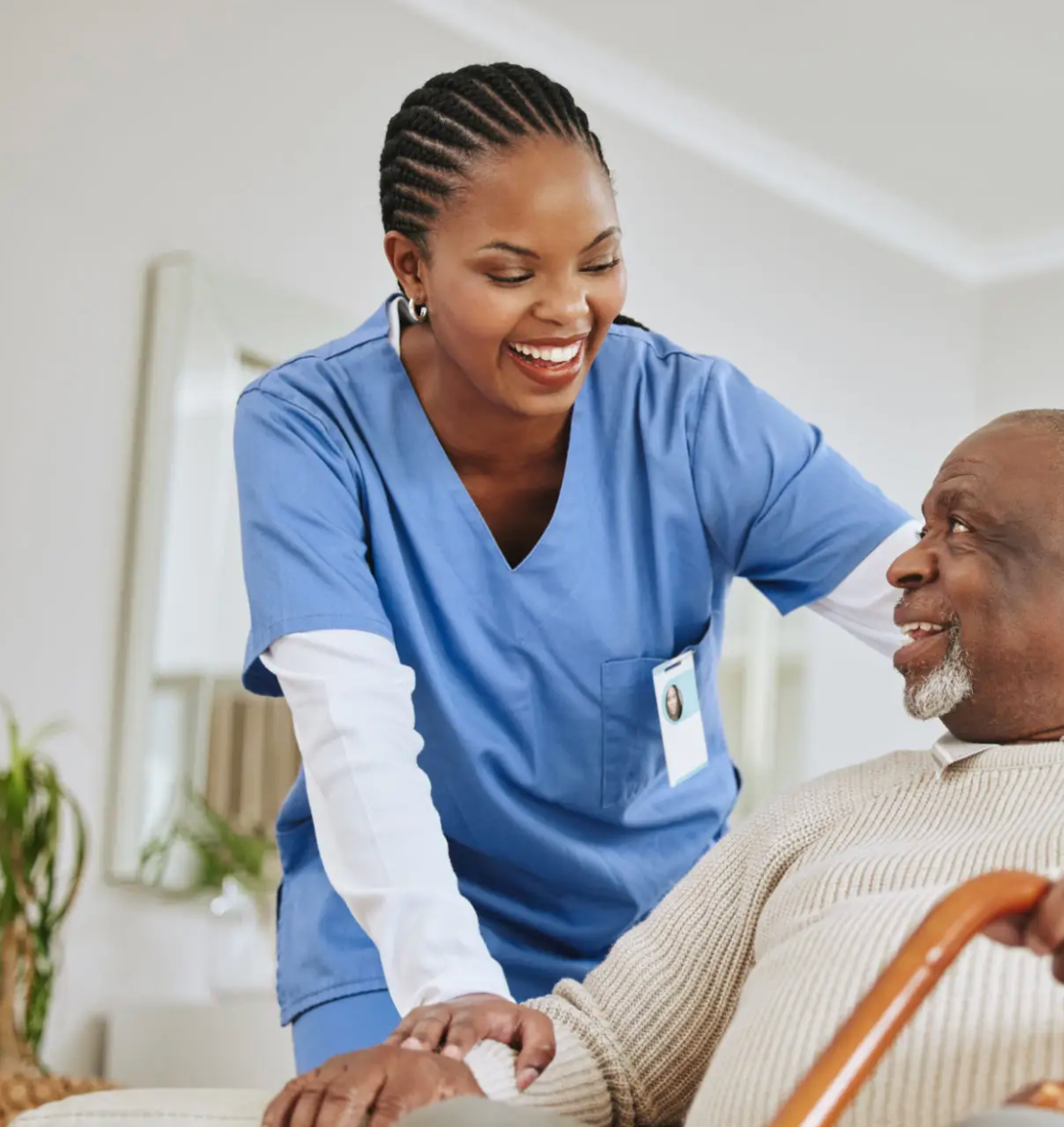Relieving Physical/Emotional Toll on Caregivers

There is no surprise depression often accompanies old age and/or chronic ailments.
-and-
There is no surprise depression often accompanies being a caregiver.
It is virtually impossible to be happy when you’ve lost what little privacy and dignity you had left in this life.
-and-
It is virtually impossible to be happy when you can’t help your loved one keep what little privacy and dignity they had left in this life.
Being a caregiver means having to tamp down your own conflicting emotions of being a designated caregiver. Whether you are moving a loved one into your home or helping them age in place in theirs, caregiving is often unnoticed, underappreciated and under discussed by our society as a whole.
Moving an elderly, confused or disabled person into your own home is much more than cleaning out the guest room. It’s medications, doctor trips, meals and the constant merry go round of changing diapers and cleaning up afterwards. And if you’re a caregiver for someone aging in place, it is all of this plus the commuting time and the worry of them being alone. Caregiving is overwhelming and scary. A strong caregiving community needs to form, and quickly.
1 in 4 caregivers report they find it difficult to take care of their own health, and the same percentage reports that their mental and physical health has deteriorated because of it. We need to prepare for old age. And it is also imperative we have assistive devices for daily hygiene that are safe, effective and easy on our loved ones as well as our caregivers.
Most Americans are terrified of death and dying and resist making the necessary plans concerning the realities of aging. Ignorance is bliss-but it can also be naive and dangerous. Being unprepared to take care of yourself AND a loved one can not only result in injury, it can also be the cause of compassion fatigue, guilt and PTSD that can result in depression, insomnia and substance abuse for the caregiver.
And another reason to be prepared? The number of professional healthcare workers is dwindling-quickly.
Dealing with incontinence is hard; especially because it’s laden with the heavy emotions of shame, loss and sadness. And when Incontinence Associated Dermatitis (diaper rash) sets in, incontinence is painful. And the pain can become unbearable when the skin of the anogenital region starts to break down. Wipes not only can damage sensitive anogenital skin, they also don’t properly remove the harmful uric acid and fecal bacteria. The confused patient doesn’t quite understand why they hurt all the time, so they irrationally lash out at the caregiver. But the underlying cause of this aggression is pain. Not only physical pain but emotional pain as well. Having someone sniff in your general direction when you walk into a room doesn’t do much for your mood at this stage in life. So now the caregiver is not only giving care, they’re dealing with pain, an emotional and physical pain that not much can be done for; until now.
The SoSoak shower soaking chair is an anti-tip, sturdy shower chair with a soaking basin molded in the seat with a plug to refresh the basin water. It has a hose port connection at the back of the chair so you can by-pass the shower stream that can frighten people with dementia or is painful for those with sensory disorders.
Hook SoSoak up in the shower, and keep it hooked up. After each diaper change, remove solids along with the dirty diaper and fill the basin with warm water and a gentle ph balanced soap. Soaking away uric acid and fecal bacteria is far superior and far less damaging to sensitive anogenital skin than wipes.
That’s why soaking is imperative. And it’s so enjoyable. This is wonderful motivation to maintain good hygiene. Keep refreshing the basin with fresh water. When clean and finished soaking, make sure to PAT the skin dry and let AIR dry for a few minutes before applying barrier cream and a fresh diaper.
You can give your loved one relief by soaking for 5-10 minutes, 4 times a day. It’s going to take a soak or 2 but soon they’ll be feeling better, emotionally and physically, even in-between soaks.
And when you’re able to provide your loved one relief from pain, discomfort and sadness as well? There isn’t anything quite like it. And you’ll both be able to spend your emotions where they should be spent-enjoying the time you have together.
The boost in self-confidence, self worth, dignity and pain control will be a game changer, not only in their physical care, but also in their overall emotional health. And yours as well.
Happy Soaking!
0 comments


